 |
 |
 |
|---|
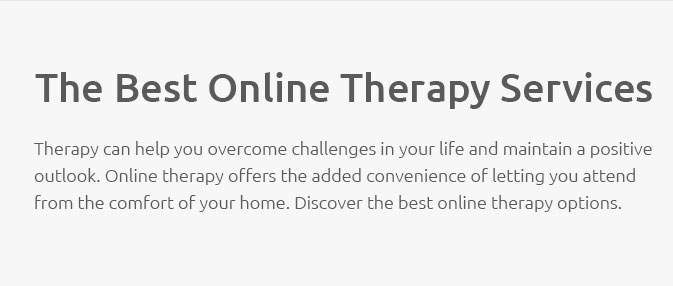 |
 |
|---|
 |
|
|---|---|
 |
 |
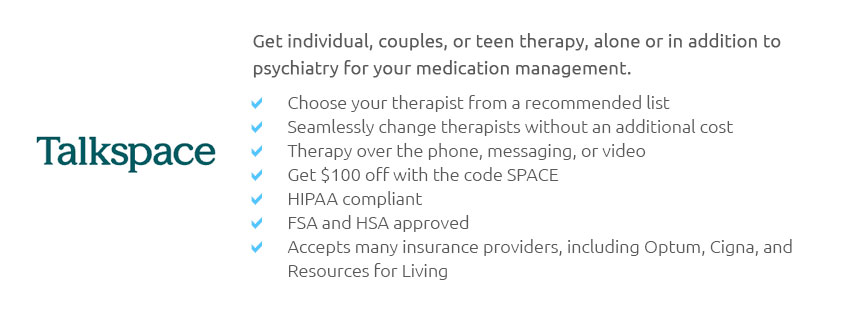 |
 |
 |
 |
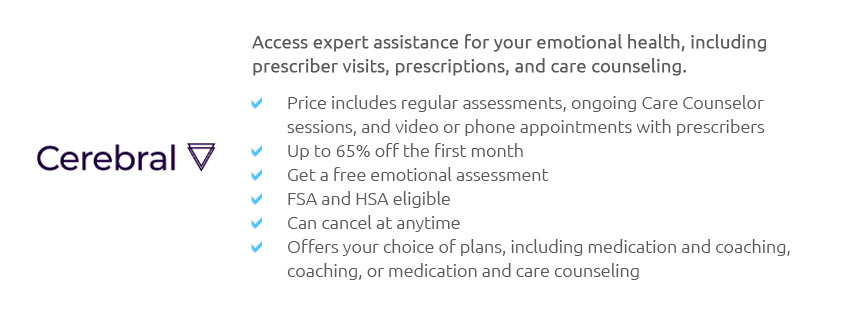 |
 |
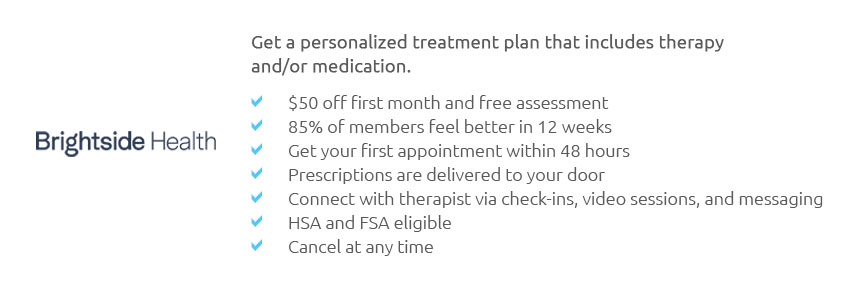 |
 |
 |
 |
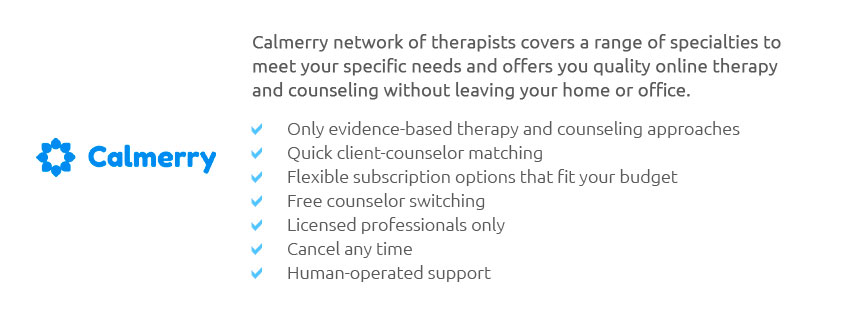 |
 |
 |
 |
|---|
Want to Be a Therapist: A Comprehensive Guide to Starting Your JourneyUnderstanding the Role of a TherapistTherapists play a crucial role in mental health care by offering guidance and support to individuals facing emotional and psychological challenges. They work in various settings, including private practices, hospitals, and community centers. Key Responsibilities
Essential SkillsBeing an effective therapist requires a range of skills, such as active listening, empathy, and communication. These skills help build trust and create a safe environment for clients to share their thoughts and feelings. Educational Pathways to Becoming a TherapistBecoming a therapist typically involves several educational steps. It is essential to choose the right path based on your interests and career goals. Undergraduate EducationMost therapists start with a bachelor's degree in psychology, social work, or a related field. This foundational education provides a broad understanding of human behavior and mental health. Graduate StudiesAfter earning a bachelor's degree, aspiring therapists usually pursue a master's or doctoral degree. Specialized programs focus on areas like clinical psychology, counseling, or marriage and family therapy. Licensing and CertificationLicensure requirements vary by location and specialty, but most areas require therapists to pass a licensing exam and complete supervised clinical hours. It's crucial to research the specific requirements in your area. For example, if you plan to work in Florida, consider checking out opportunities for a therapist in Port St. Lucie. Choosing the Right SpecializationTherapists can specialize in various areas, such as child therapy, substance abuse counseling, or trauma therapy. Selecting a specialization allows you to focus on a specific population or treatment approach. Exploring Your OptionsResearch different therapy modalities and populations to find what resonates with you. Consider gaining experience through internships or volunteer opportunities to better understand your interests. Building a CareerOnce licensed, therapists can begin building their careers. Networking with other professionals and joining relevant associations can be beneficial. You might also want to explore resources like therapists in my network to expand your professional connections. Frequently Asked Questions
https://www.reddit.com/r/college/comments/1awkern/i_want_to_become_a_therapist_dont_know_where_to/
First off, education is key. Most therapists have at least a master's degree in psychology, counseling, or a related field. Look for schools ... https://www.snhu.edu/about-us/newsroom/social-sciences/how-to-become-a-therapist
If you want to become a therapist, you should first consider what type of therapy you wish to provide and research the licensing ... https://www.indeed.com/career-advice/career-development/how-to-become-a-therapist
Most therapy jobs require a master's degree in counseling, psychology or the practice area they want to pursue, such as marriage and family counseling.
|
|---|